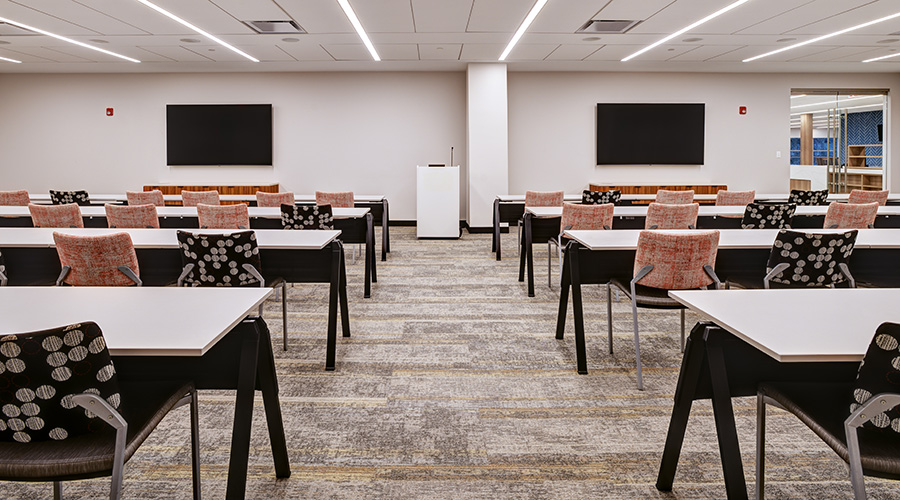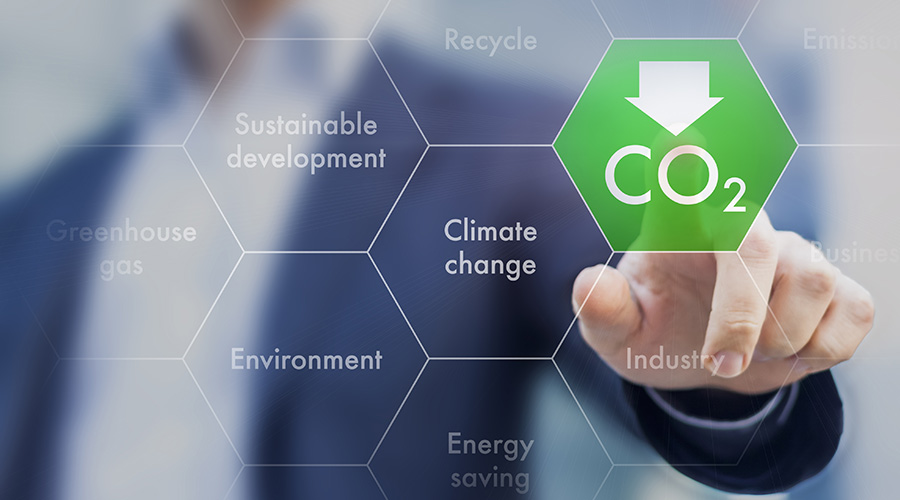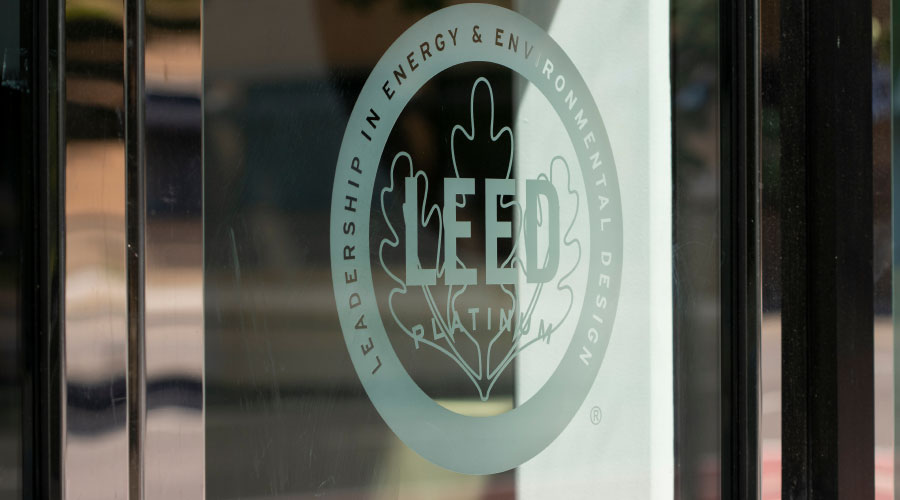Sustainability Game Offers Lesson in Ocean Depletion
Part 2 of a 4-part article from the U.S. Green Building Council
The first time the class played the sustainability game “Harvest,” they depleted the ocean in six seasons. Because the aggregate of the fishing teams caught more than 25 fish in the first few seasons, at the end of six seasons no one could catch any more fish, the cupboard was bare, and some of the teams came up empty, even in that sixth season. So, this is the tragedy: No one knows how many fish the others are catching and each wants to maximize their own profits. It wasn’t hard to calculate the number of fish that could be caught by each team in order to sustainably maintain the ocean, but some fishing teams decided, for whatever reason, that they wanted to catch more than would logically maintain the ocean (and some were actually altruistic and caught less). Interestingly no team decided to attempt to take all of the fish, or even half of the fish in the first season. This seemed to represent an understanding that such behavior would not be good, even for the greediest team.
The game was played a second time, and this time, one of the students requested of the other teams, “Let’s make a pact – no one fishes for more than six fish in any season. That way, we can maintain the ocean indefinitely.” There seemed to be agreement, but much to the student’s chagrin, one team decided that they needed to catch more than the allotted fish so that they would have enough left over to build a fish farm. And just by having that one team blow the pact only during the first couple of years, the ocean was, once again, depleted in six years.
It was a great lesson in sustainability, systems, and human nature. We all have self-interests. We all want the best for our family, our company, our building, whatever our self-interest is. Yet, if we just consider our own self-interest and not the interests of the whole, of the commons, the commons will eventually be depleted.
We’ve seen fisheries become depleted around the world, one of the most famous being the cod fishery in New England. This is partly because it is hard to see what’s happening. The fishermen only know that the number of fish or size of fish they’re catching each year is diminishing. So they may decide to get more effective fishing rigs, thus depleting the fishery even more quickly. The immediate need for sustenance (and making more money) seems greater than the long-term need for sustainability of the resource. But what was fascinating in the game: Sustainable harvests actually allow everyone to do well — forever. At the end of six years of sustainable harvesting, every fishing team actually caught approximately the same or more fish than they would have with the unsustainable practices.
Related Topics:














